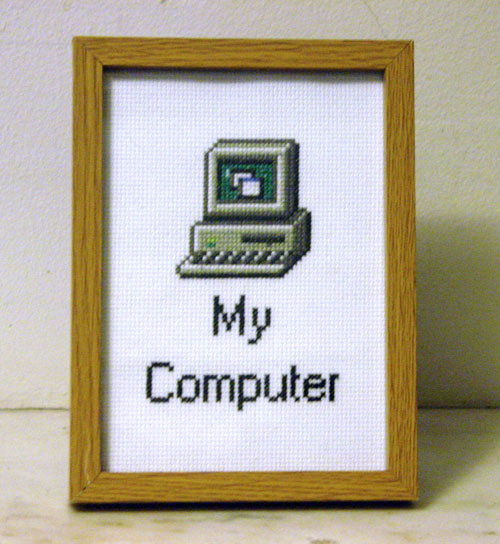"Elevator Mixtape" by IEJ [Vimeo]
Apparently people posting video footage of escalators on YouTube and elsewhere is a "thing." IEJ made a compilation. Update, from an email from IEJ: "As far as I can tell, the escalator recording community is a subset of the elevator recording community who have their own wikipedia. I linked to the page of dieselducy who took the video you can see in the preview freezeframe (mall in Roanoke VA) [in IEJ's mixtape]. He's big in that scene. ... Maybe they don't have the glamour of bridges and trains but elevators/escalators are ubiquitous anomalies themselves (they aren't everywhere - WY only has two and the riders of the first one in Kurdistan are happy and confused)." Tom here: Documenting escalators is interesting to me in an "all the buildings on the sunset strip" way, only crowdsourced. These are unobserved phenomena that take on an aesthetic dimension through mass recording.
"Wistle While You Twerk" by Ying Yang Twins [YouTube]
America woke up to twerking with Miley Cyrus, but this song, from the album Thug Walkin', released in 2000, shows that it's been around for 14 years, at least! Join Doc, Grumpy, Sneezy, Dopey, and the rest of the gang with this happy anthem.
Addendum: The German group Trio is considered a one-hit wonder of the '80s (for "Da Da Da - I Don't Love You - You Don't Love Me ") but they were a pretty good band, as seen in a collection of German TV performances assembled by Network Awesome. In fact most '80s one hit wonders are that way because of the music industry's insistence on hits.

